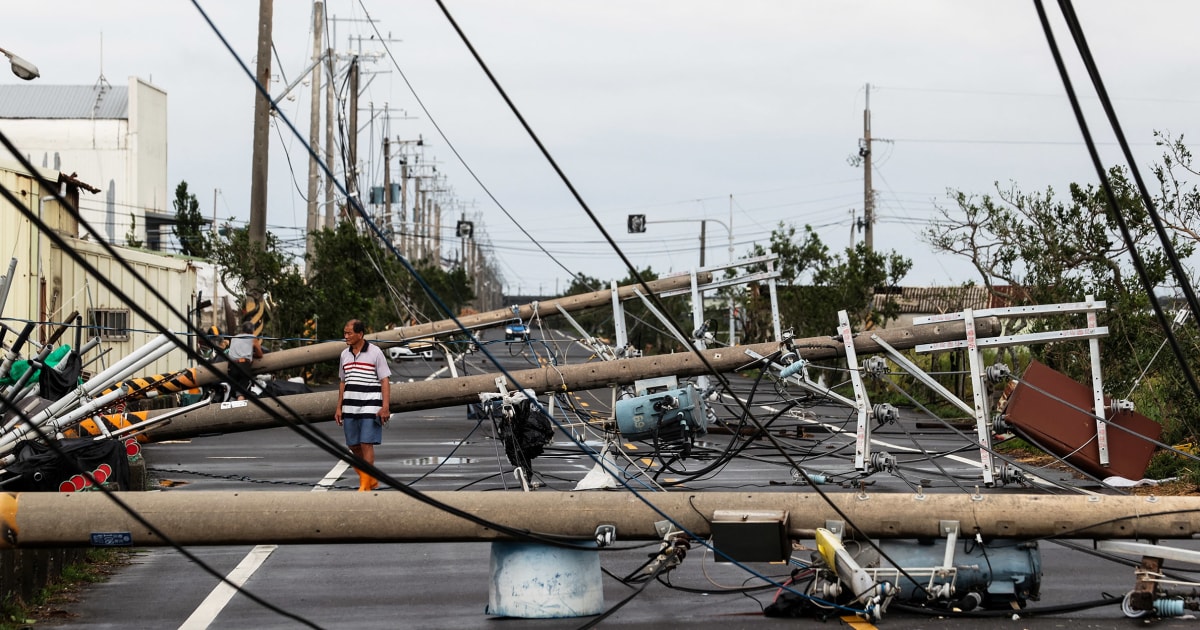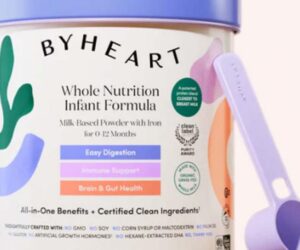
Health and Human Services Secretary Robert F. Kennedy Jr. has tasked the Food and Drug Administration with conducting a safety review of mifepristone, a pill used in most U.S. abortions. Kennedy said this week that the review was warranted due to an “alarming” new report on serious adverse events released last month.
“Clearly it indicates that, at very least, the label should be changed,” he told Sen. Josh Hawley, R-Mo., at a Senate budget hearing on Wednesday. “I’ve asked Marty Makary, who’s the director of FDA, to do a complete review and to report back.”
The report in question, which was neither peer-reviewed nor published in a medical journal, claims to find a 22-times higher rate of serious complications from mifepristone than reported by the FDA. It calls on the agency to “further investigate the harm mifepristone causes to women” and “reconsider its approval altogether.”
It was released online in April by the Ethics and Public Policy Center, a conservative think tank that says it promotes Judeo-Christian traditions. The center was on the advisory board of Project 2025, a right-wing policy initiative that appears to have informed many of President Donald Trump’s recent actions.
Days before the report came out, FDA Commissioner Marty Makary said he had no plans to take action on mifepristone unless new data suggested there was a safety concern.
Hawley, who has consistently voted to limit abortion access, called on Makary last month to “follow this new data” and reinstate certain restrictions that made mifepristone harder to obtain, such as requirements for the medication to be dispensed in person by a physician.
Whereas a wealth of data has shown that less than 0.5% of women who take mifepristone have serious adverse reactions, the report claims the true number is around 11%.
Researchers who study reproductive health said it amounts to junk science and exaggerates the risks of the medication.
“We should all be alarmed that the people in charge of our public health institutions are calling for a review of the science based on an unvetted and flawed report,” Dr. Ushma Upadhyay, a public health scientist at the University of California, San Francisco, said Thursday on a call with members of the press.
“Rigorous studies, including some of my own, have confirmed that this medication can be safely used at home following a consultation with a clinician,” she added.
The report said its analysis was based on 865,727 insurance claims corresponding to women who were prescribed abortion pills, but does not disclose which database it used, shirking a basic tenet of scientific research. Several outside researchers noted that the report’s definition of “serious adverse event” is broad enough to include minor side effects like routine bleeding. But the report’s authors said on the center’s website that they excluded mild or moderate events.
Abortion procedures after a medication abortion were nevertheless classified as “serious,” contrary to medical consensus. Mifepristone’s label already notes that the medication does not work in about 2.6% of cases, and doctors say the failure rate can be as high as 5%. The report also lists ectopic pregnancies, which do not result from taking mifepristone, as serious events.
Alina Salganicoff, director of the Women’s Health Policy Program at KFF, a health policy research and news organization, said the report “falls short of generally accepted research standards.” Analyzing insurance claims is not an effective way to look at abortion outcomes, she added, since “many abortions, and particularly earlier abortions, are not paid for with insurance.”
Rachel Jones, a principal research scientist at the Guttmacher Institute, a research organization that supports abortion access, said the report appears to be driven by ideology rather than science.
“The FDA typically relies on clinical studies and clinical research, and that’s not what this is. It shouldn’t have any influence over the current policies,” she said.
The report’s authors have pushed back on those criticisms, writing on the center’s website that the peer-review process is biased against groups that oppose abortion and leaves “no opportunities to publish peer-reviewed analysis that offer major substantive critiques of the abortion pill or abortion.”
“Now that the largest-ever study of the abortion pill has revealed the truth that it is neither safe nor effective, the abortion industry has chosen to lie about our findings to protect its profits at a tremendous cost to women’s health,” Hunter Estes, communications director at the Ethics and Public Policy Center, said in a statement.
Dr. Christina Francis, CEO of the American Association of Pro-Life OBGYNs, said the report is a signal that the FDA needs to look more closely at mifepristone’s safety.
“We have been asking the FDA now for years to do a more thorough review of what the actual complication rate is in the real world,” she said. “To me, this report couldn’t come soon enough.”
HHS, which is handling media inquiries on behalf of the FDA, did not respond to a request for comment.
Reproductive health researchers said releasing flawed studies is one of many tactics used by anti-abortion groups to limit mifepristone access, in addition to filing lawsuits and lobbying federal officials.
“People and organizations that want abortion to be outlawed are producing these types of papers more commonly,” Jones said.
Misleading studies played a role in a previous legal challenge to mifepristone access that was ultimately thrown out by the Supreme Court. In a decision that briefly suspended mifepristone’s approval in 2023, U.S. District Judge Matthew Kacsmaryk cited studies from an anti-abortion group that were later retracted by a medical publisher.
The attorneys general of Idaho, Kansas and Missouri attempted to revive the lawsuit in October, filing a case in the same federal court in Texas. But the Trump administration earlier this month told the judge to dismiss it.
Julia Kaye, senior staff attorney for the ACLU Reproductive Freedom Project, said on a press call that pursuing the case might have undermined the administration’s legal defenses in other ongoing lawsuits. Other legal experts see it as an effort to avoid taking a firm stance on abortion, which Trump has said should be left up to individual states.
In his confirmation hearings, Kennedy promised to align himself with Trump on the issue. He also suggested on Wednesday that Trump would have the final say on how mifepristone is regulated in the U.S.
“I feel that the policy changes will ultimately go through the White House, through President Trump,” he said.








